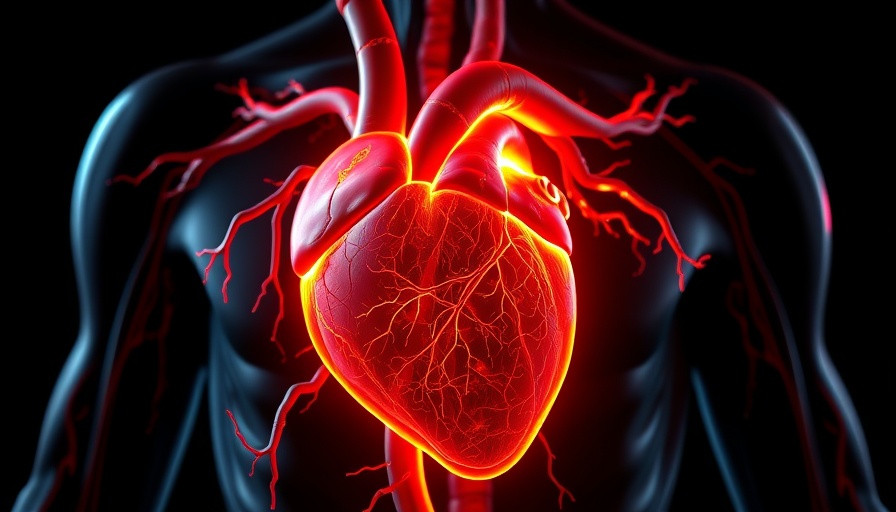
A Journey to Recovery: How Alcohol Affects Your Liver
Alcohol consumption is a prevalent issue that can lead to serious health problems, especially affecting one of our body's most vital organs: the liver. Understanding how quickly your liver can heal upon quitting alcohol is crucial for those who want to revitalize their health. This article takes a comprehensive look at the recovery timeline and the essential steps you can take to support liver recovery.
The Fast Track to Liver Recovery: Within 24 Hours
Having just stopped drinking, the liver immediately begins its crucial work of detoxification. In remarkable ways, inflammation markers within the liver start to decrease within the first 24 hours. This initial recovery phase lays the groundwork for your liver's longer healing journey. The body’s biochemical warfare against alcohol ceases, allowing liver cells to start returning to their original roles.
Improving Your Health After One Week
Once a week has passed since you last had a drink, the health benefits start to become more evident. Quitting alcohol not only alleviates toxins that disrupt sleep cycles, but also restores energy levels as the liver begins burning stored glycogen efficiently. Individuals often report improved sleep quality and an overall feeling of enhanced vitality—signs that the liver is experiencing its rejuvenation phase.
Two Weeks In: Normalizing Lipid Metabolism
By the end of two weeks, your liver continues to clear out fat deposits, and lipid metabolism starts to normalize. This indicates improved nutrient absorption and energy production capacity. With enhanced focus on diet and hydration, food choices that promote liver health become increasingly important, making the two-week mark a significant turning point in the recovery journey.
The One-Month Milestone: Major Health Improvements
Reaching the one-month mark presents substantial health victories. Not only does the swollen liver due to a history of alcohol consumption significantly reduce in size, but blood tests reveal important improvements in liver enzymes. Your immune system benefits as well, receiving the long-overdue respite it needs to fortify your body against other infections.
Transformational Changes at 90 Days: The Peak of Recovery
Experts term the 90-day point as a transformative phase in liver health recovery. During this time, many people start exhibiting remarkable energy and clarity, with an increasing keen awareness of the body’s natural functioning. It reflects a significant turnaround attributable to the cessation of alcohol and a commitment to healthier habits.
The Role of Nutrition in Liver Recovery
Nutrition cannot be overlooked in the healing process. Foods rich in choline, such as eggs and fish, facilitate fat transport out of the liver, supporting its functions during recovery. Incorporating supplements like milk thistle could also aid liver detoxification. Pairing dietary adjustments with community support and nutrition education amplifies recovery efforts.
Addressing Root Causes: A Holistic Approach
Quitting alcohol involves much more than just abstaining from drinking. It is essential to identify the root causes of alcohol usage and address them. This holistic approach involves strengthening mental health practices, engaging in community support groups, and reframing the perception of alcohol's role in one’s life. Over time, these strategies can significantly elevate one’s quality of life.
Conclusion: Celebrate Your Journey to Health
Understanding how your liver heals when you stop drinking emphasizes the importance of taking that first step towards recovery. Each stage of your liver’s healing journey provides a newfound appreciation for telling your health story. As you take steps toward a healthier lifestyle, seek out communities and resources that support your goals and choices.
Ultimately, embracing a holistic approach and nurturing your body through education and dietary awareness can result in a healthier, more vibrant life.
 Add Row
Add Row  Add
Add 




Write A Comment